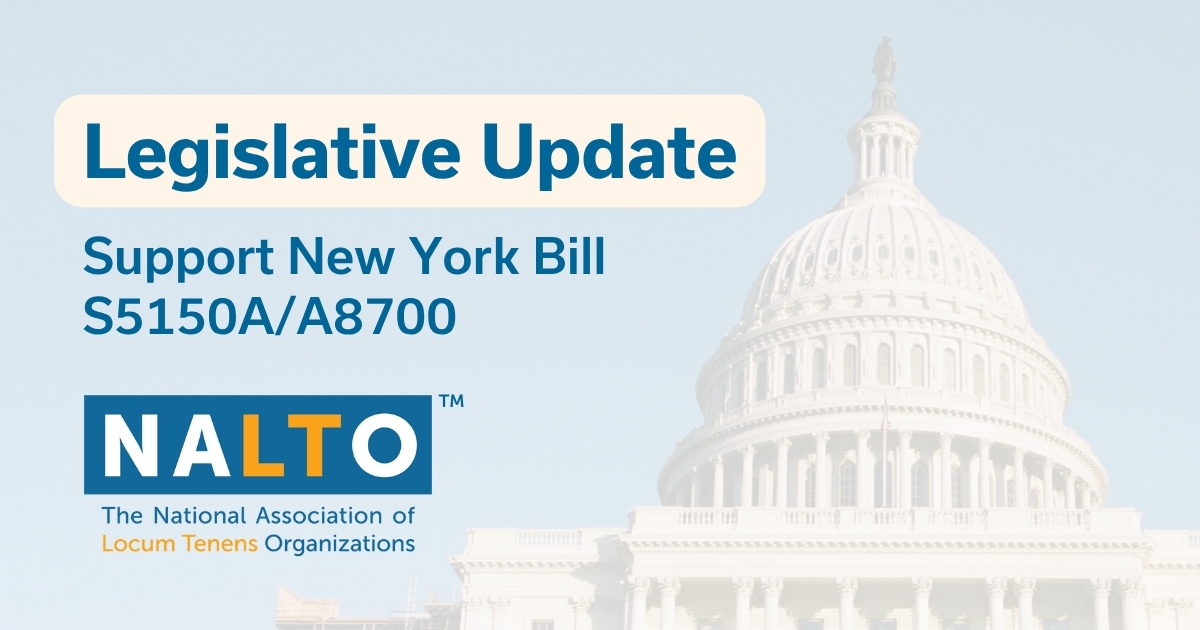Across the nation, the limited supply of physicians cannot keep up with the demand. Nowhere is this shortage more apparent than in rural areas. Fortunately, Locum Tenens can help.
The current physician shortage has negatively impacted patients’ access to quality healthcare. By 2025, it is estimated that there will be a need for up to 90,400 new doctors. Despite this growing need, the demand for physicians continues to outweigh the supply. Unfortunately, the impact of this shortage has hit rural areas the hardest.
The Reasoning Behind The Physician Shortage
Experts have concluded that the physician shortage is likely due to a complex combination of factors, including:
- Retirement: One in three physicians are within retirement range, and many more report that they are within three years of retirement. With an increasing amount of physicians leaving the practice, it is difficult for healthcare organizations to replace these individuals at the same rate.
- Concerns of Potential Physicians: As work-life balance becomes increasingly important, many students are avoiding the medical profession, which often requires long hours. Other concerns include cost of tuition and lack of residency positions for medical school graduates.
- Population Changes: The physician shortage is also a factor of the changing American population. Not only has there been an increase in the population, but also there is an upsurge in elderly individuals who are in need of care for chronic conditions.
Unfortunately, rural areas have born the brunt of this physician shortage. Many new physicians are employed in larger metropolitan areas, where there are better resources and more opportunities for growth. Overall, an average of 20% of Americans live in these underserved areas with some states being impacted more severely than others. In fact, in Louisiana and Mississippi, approximately 50% of residents have limited access to primary care physicians.
How Locum Tenens Can Help
Locum Tenens organizations place medical professionals in healthcare organizations that are experiencing staff shortages. Physicians who participate in Locum Tenens work are more likely to fill in these gaps because of the temporary, short-term commitment.
For rural healthcare organizations, this can provide patients with the access they need to everything from primary care physicians to surgeons. Physicians also benefit because they can gain experience in a new and unique healthcare setting, without a long-term commitment. Rural providers and interested physicians are encouraged to contact the National Association of Locum Tenens Organizations.



